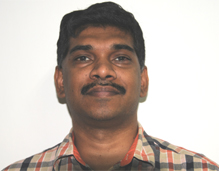Panetta’s Prescription for New Directions in US-India Defence Relations: Cyber and Space Security
There is an ongoing global competition to gain dominance in the space and cyber domains; while going it alone might be the best policy, collaboration with clearly laid out guidelines and end-goals is not without its benefits.
- Cherian Samuel, Ajey Lele |
- June 08, 2012 |













